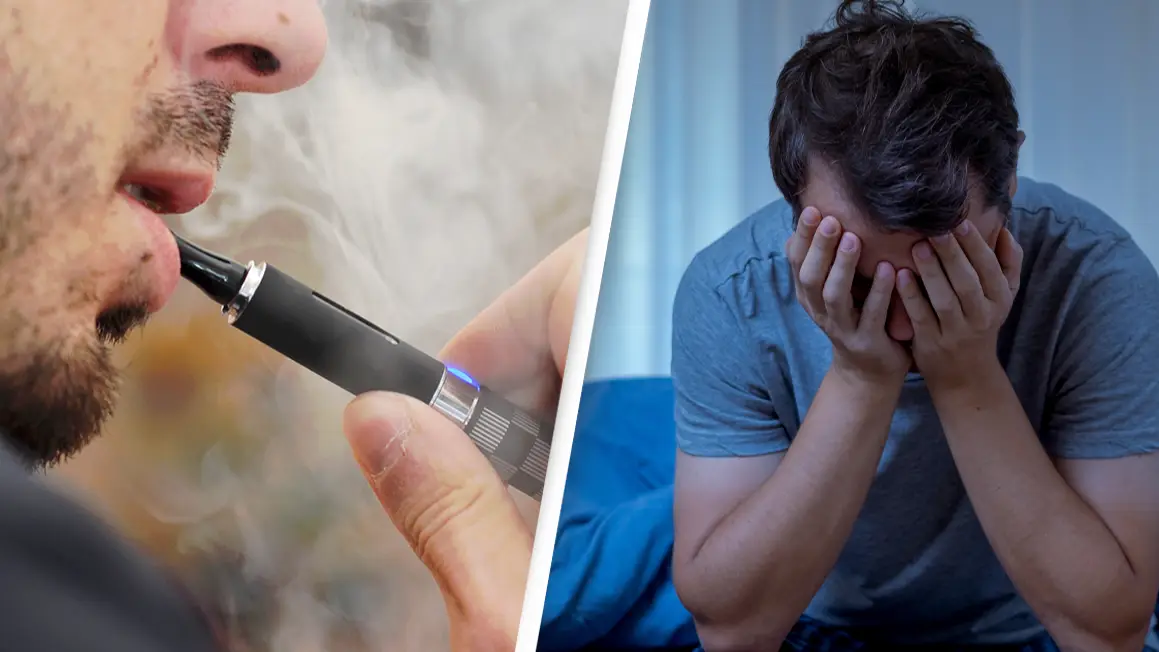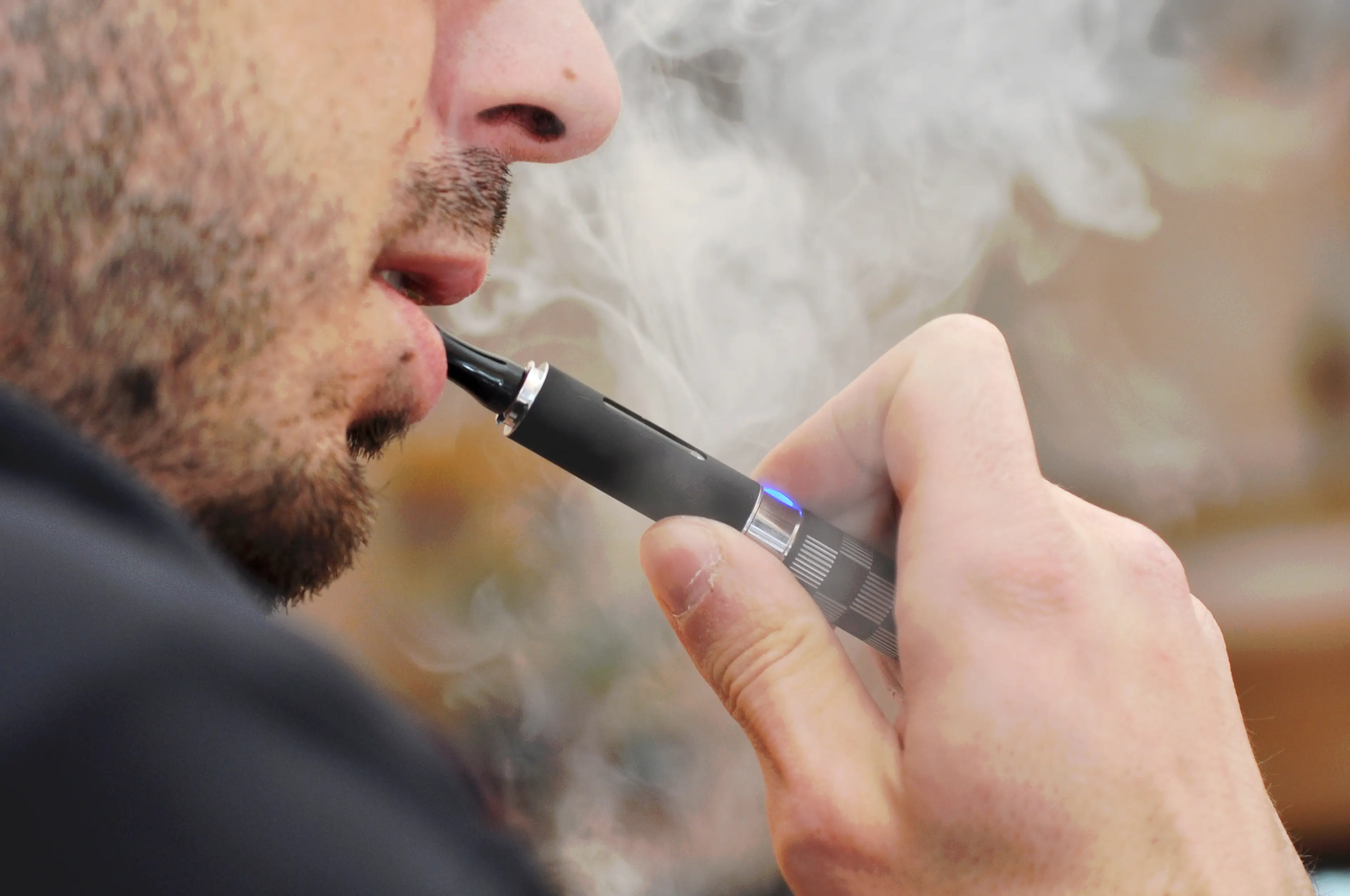
We've known for years that vaping can have a detrimental effect on our bodies.
More people vape in the US than anywhere else in the world, with nine million Americans regularly puffing on e-cigarettes. Doing so can be bad for our health, with the risk of cancers, heart attacks, and strokes increasing.
One vaper from Cincinnati almost died after she was found unresponsive with 'black mucus' dripping out of her mouth and nose from becoming addicted to the stuff.
As nicotine helps regulate our mood, it makes kicking the habit a difficult feat. But one doctor has set out exactly what happens to your body when you stop vaping - even for a month.
Advert

Nikola Djordjevic, MD, project manager of MedAlertHelp.org previously shared the major changes our bodies go through after kicking the habit with the Hawaii Public Health Institute.
After a few hours, nicotine withdrawals can kick in with some 'physical and psychological' symptoms. This can include cravings for nicotine, mood swings, trouble concentrating, irritability, and anxiety, as well as headaches, sweating, tremors, insomnia, increased appetite, abdominal cramps, and constipation.
It can take up to a month for these symptoms to clear up, Dr Djordjevic warned.
After 24 hours, the risk of a heart attack falls, thanks to the lowering of blood pressure and rising oxygen levels.
Two days in, food might taste better and your sense of smell could sharpen as your senses begin to improve. After three days, nicotine will have left the body. This is when withdrawal symptoms would likely peak.

If you can kick the habit for a month, your lungs will thank you. After 30 days, your lung capacity improves and you'll experience 'less shortness of breath and coughing', according to Dr Djordjevic.
Three months in, your blood circulation will improve, as blood vessels return to their normal diameter.
After nine months, your lungs can fight infections again thanks to the 'renewal of microscopic hair-like structures inside the lungs' which 'help push out mucus and fight infections'.
A year on, your risk of a heart attack is halved. Normal-sized blood vessels, a more regular heart rate, and a lowered blood pressure all contribute.
Your chance of a stroke is 'significantly lowered' after five years of no vaping. One study showed that vapers have a 71 percent higher stroke risk than non-smokers.
Ten years down the line, the risk of cancers lowers. Research has suggested vaping could lead to genetic mutations that increase the risk of cancer.
“After a decade, lung cancer risk is reduced by 50 percent, as well as the risk of pancreatic, mouth, and throat cancer,” Dr. Djordjevic explained.
He added that 15 years on, your risk of developing coronary heart disease or pancreatic cancer 'becomes the same as a nonsmoker’s'.
And two decades later, it's as if you've never vaped. Risk factors will remain similar to those who've never touched a cigarette or vape.
If that's not motivation to put the vape pen down, I don't know what is!